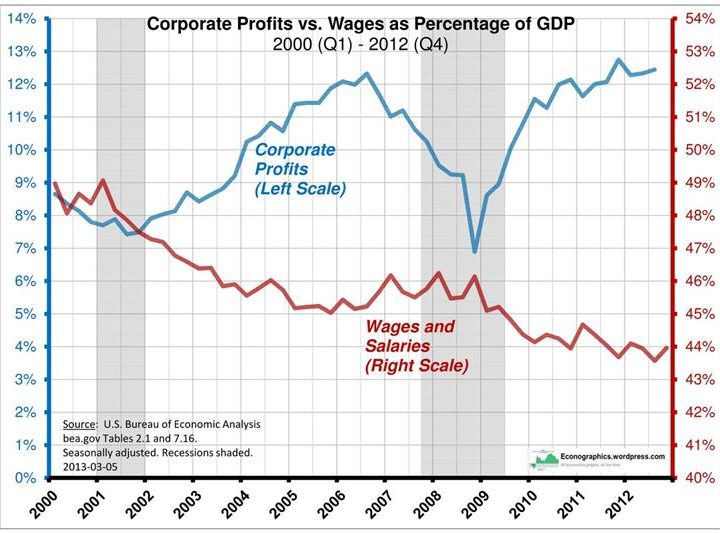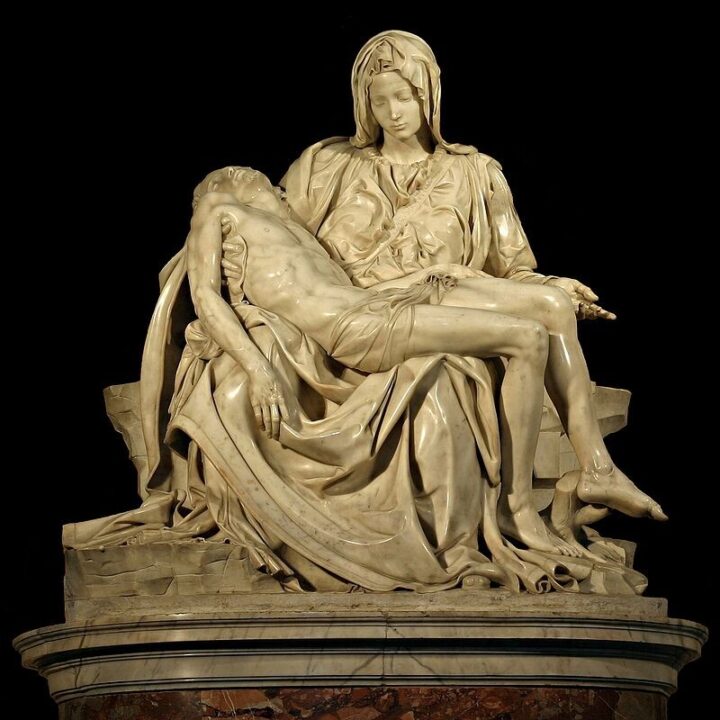“God Almighty has set before me two great objects, the suppression of slave trade and the reformation of manners”
William Wilberforce (1759 -1833)
At age 21, William Wilberforce was a member of the British Parliament, a self-described whoring playboy. On having a life changing conversion experience in 1785, he thought to do the most rational thing; resign from the British Parliament and pursue a more “holy” calling. God had a better plan and with the instrumentality of former slave trader, John Newton, Wilberforce was convinced to stay on in politics and to seek God’s will for his life. Two years later, he entered the above in his diary – “God has set before me two great objects…” and for the next twenty years and much more, Britain saw a determined Parliamentarian argue with evidence and against many oppositions, the abolition of slavery. He was just twenty-eight years old when he took on the odds, and thank God he did.
Just three days after the passage of the Slavery Abolition Act of 1833; William Wilberforce passed on, his eyes had indeed seen the salvation of the Lord. Before then, a minor victory had come in the form of the Slave Trade Act of 1807 which though abolished slavery on British soil did not stop it from happening elsewhere.
With the Slavery Abolition Act of 1833, Britain made herself the conscience of the world and literally stamped out transatlantic slave trade.
His story remains a classic example to all believers who are seeking God’s will for their lives and provides much lessons on classic Christian advocacy in the public square. It took a pretty long time, however, Wilberforce lived those years with purpose and with vigour. He showed that the minority once their purposes are founded on truth and executed with truthfulness and vigour can indeed attain to the promises of God in their heart.
Is there a Specific Call on Your Life?
Yes, there is; the parable of the ten talents tell us there is. It tells us that though God’s guidance and presence is available to all of us, there is a dimension of God’s dealings with us that is a lot entrepreneurial and if I would dare say, unguided. The servants of the master got their talents from the king and he expected them to use their initiative in the right direction.
To show the intentionality of the exercise, he came back for evaluation. Our callings are in a way, our tests. Hence, though they are different, the rewards are quite commensurate to individual performances.
Like the one talent individual, not all gifts are dramatic; yet they all provide us with an opportunity to partake of what is in the mind of the giver. Wilberforce was already in the Parliament, astute politician, it took him two years to figure out that God had a plan for his political platform.
His obedience and faithfulness affected all of us in Africa, in fact, one could stretch it to say that the world would have been a lot different if not for the responsiveness of one man.
William Wilberforce was Caucasian yet God called him to fight for the Negro cause; I believe many more Christians in Nigeria are called to the Nigerian cause by no other person than God Himself.
You Probably Are Not Called to the “Ministry”
Personally, I almost made the same mistake to think of my calling as entirely ministerial – that is, of being a pastor in a church. Though there is nothing wrong in being a pastor or serving in the ministry – Apostles, Prophets, Evangelists, Pastors and Teachers; we often restrict these gifting to the local church assembly. In a sense they extend beyond those; for me, I am a teacher both to the body of Christ and to the entire nation. God has gifted us uniquely and responsibly. The life of faith can be lived as a farmer with as much relevance and recognition in the sight of God as an ordained pastor. Abraham’s story is quite remarkable; his entire walk of faith was more of the sojourn of one family, yet he is the father of faith. We should look to him.
Do What You Are and Make Thy Tents
Just like we would expect a teacher to teach and the gifted musician to sing; there is a bubbling forth of the gifting of God in your life that is almost unmistakable. Please attend to it; and while you are it, do note that this fallen world cannot fulfill you; in other words, don’t expect that it is your calling that would necessarily put food on your table. Apostle Paul made tents for a reason, to keep body and soul together. Some of the challenges we see in the body of Christ today is because of the false notion that our callings must feed us; a lot of today’s secular musicians started in the church but eventually migrated to a more lucrative genre – Paul knew better, preaching or singing could be done even if something else pays the bills.
Personally, I am persuaded that once we adopt this posture of making tents and yet attending to the most important part of our calling, we more easily achieve a robust and very sustainable influence that is not bound to the whims of our audience. Don’t forget, we all are full time Christians, all of us and until we see ourselves like that, our light would not shine as it ought to. Yes, the calling includes our occupation but occupations are not necessarily at the heart of our call; for some others, it is.
“Calling is living before the audience of one” Dr. O.S. Guinness
At the end of the day, it is the “well-done…” from God that would make the difference. There is no calling without a Caller and God is that Caller.
May you live to find and fulfill the calling of God for your life in Jesus name!
















